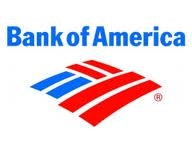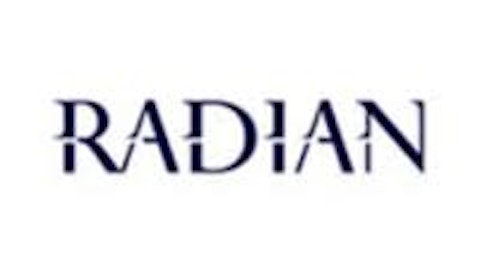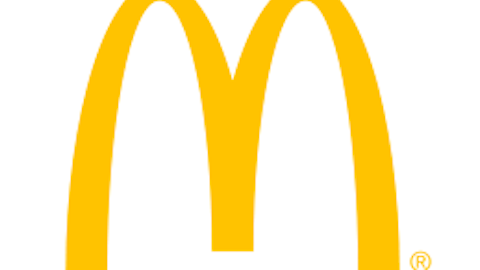The Federal Reserve has taken unprecedented action over the past five years to try to cushion the blow from the financial crisis and ensuing market meltdown on the overall economy. With its control of short-term interest rates and its ability to affect long-term borrowing rates and money supply, the Fed has become a force to be reckoned with in the investing world.
For the 30 stocks in the Dow Jones Industrial Average , Fed action has had a big impact. With rumblings that the Fed may be thinking about taking away the punch bowl and letting monetary policy revert at least marginally toward more normal levels, you need to know just how big an effect the Fed could have on the Dow’s component companies.

Clearly, interest rate policy has a direct impact on financial institutions, and with Dow components Bank of America Corp (NYSE:BAC) and JPMorgan Chase & Co. (NYSE:JPM) being the two largest banks in the country, they’ll be among those affected the most by what the Fed does in the future. In the past, the Fed has helped banks enormously by providing low-cost financing to increase bank liquidity and prevent any threat of runs on deposits or other asset-draining events.
Ordinarily, rising interest rates would have the potential to hurt banks, especially if short-term rates rose more quickly than long-term rates and therefore flattened the yield curve, which is a big driver of bank profits. Yet as Fool contributor Morgan Housel noted last week, the Fed’s ability to pay interest on reserves gives the central bank the opportunity to effectively bail out banks from interest rate risk even once the Fed tightens. The net result could be a big boost in interest income that could make recent bank gains look puny by comparison.
Beyond banks
Even once you look beyond banking institutions, the Fed’s policies have greatly contributed to the prosperity of companies throughout the Dow. In particular, low interest rates have given companies the opportunity to borrow more cheaply than ever, helping to boost profit margins to record highs.
Dow companies have been among those taking full advantage of the low-rate environment, and because of their high credit quality, many Dow components have cut their interest expense substantially by reaping record-low rates on their newly issued debt. Last summer, International Business Machines Corp. (NYSE:IBM) managed to issue a 10-year bond at 1.875%, locking in record-low rates despite not having any specific uses for the $1 billion in offering proceeds. A few months ago, Microsoft Corporation (NASDAQ:MSFT) entered the fray with a five-year bond below 1% and with similarly attractive rates for its 10-year and 30-year offerings.
Leverage doesn’t have to be a bad thing for major Dow companies as long as they don’t become completely dependent on it. The odds of being able to refinance the low-rate debt companies have issued lately at rates anywhere near where they are now are very low, and so it’ll be important for companies to maintain the ability to pay that debt back in its entirety when it matures.





